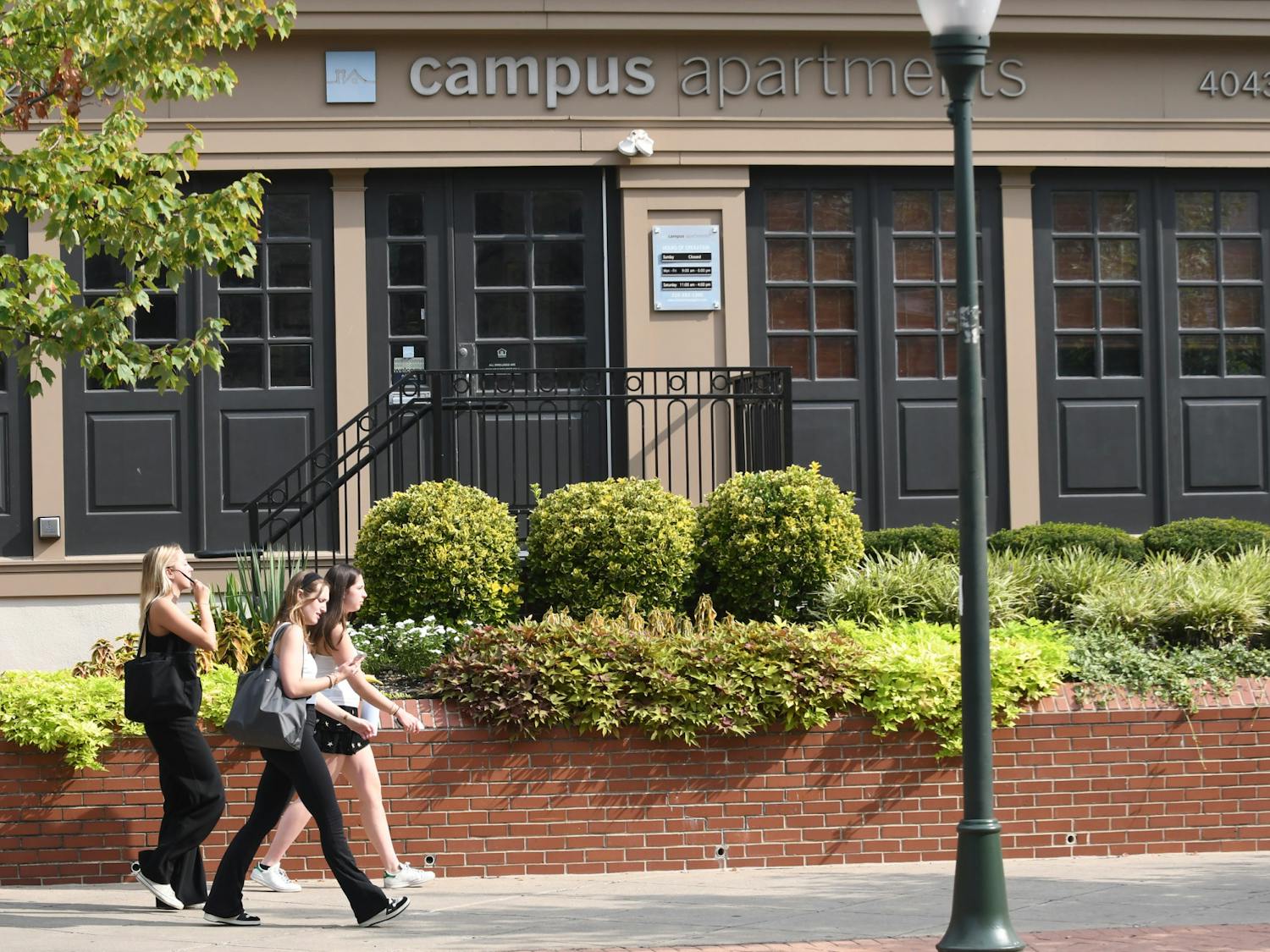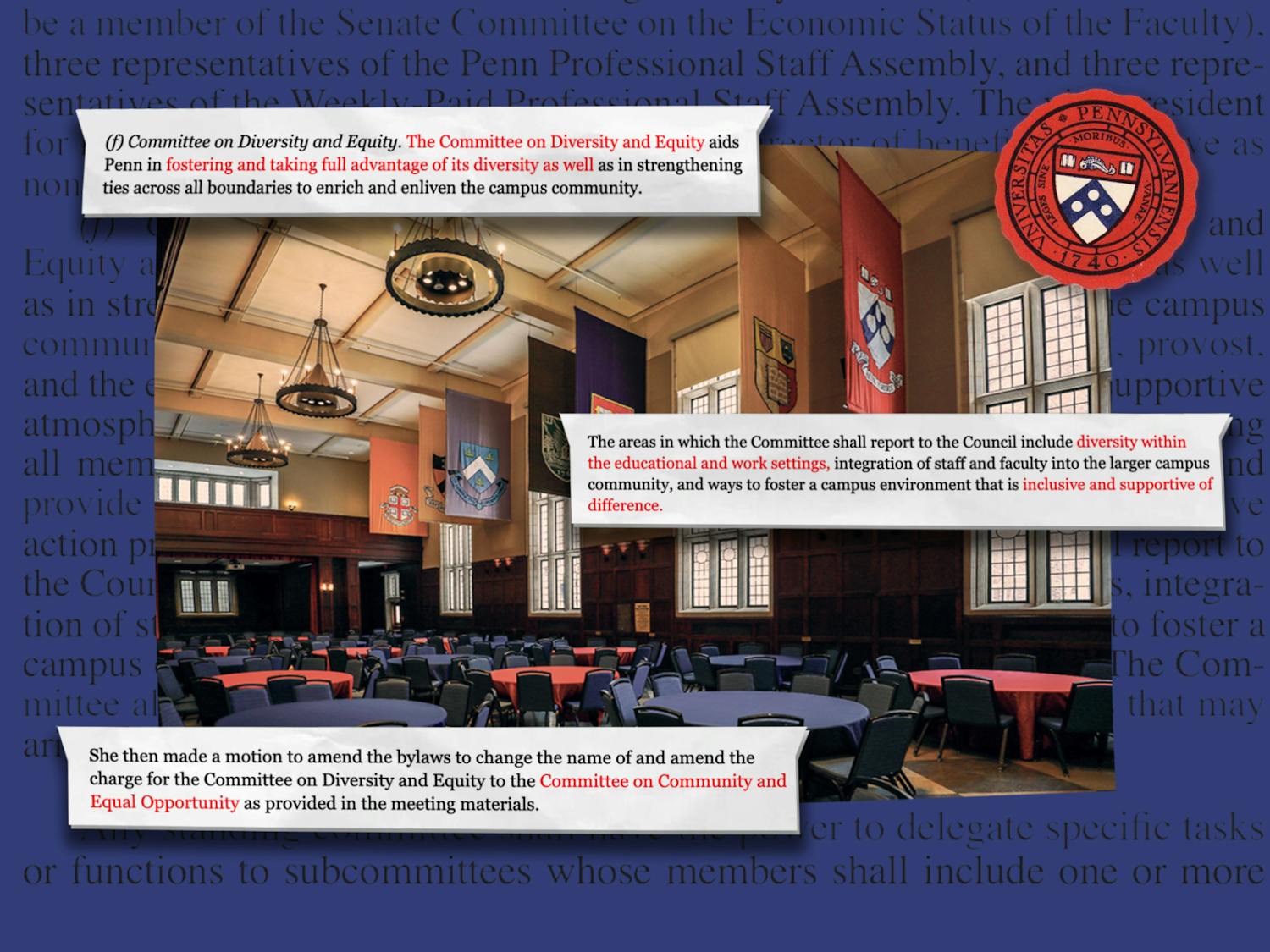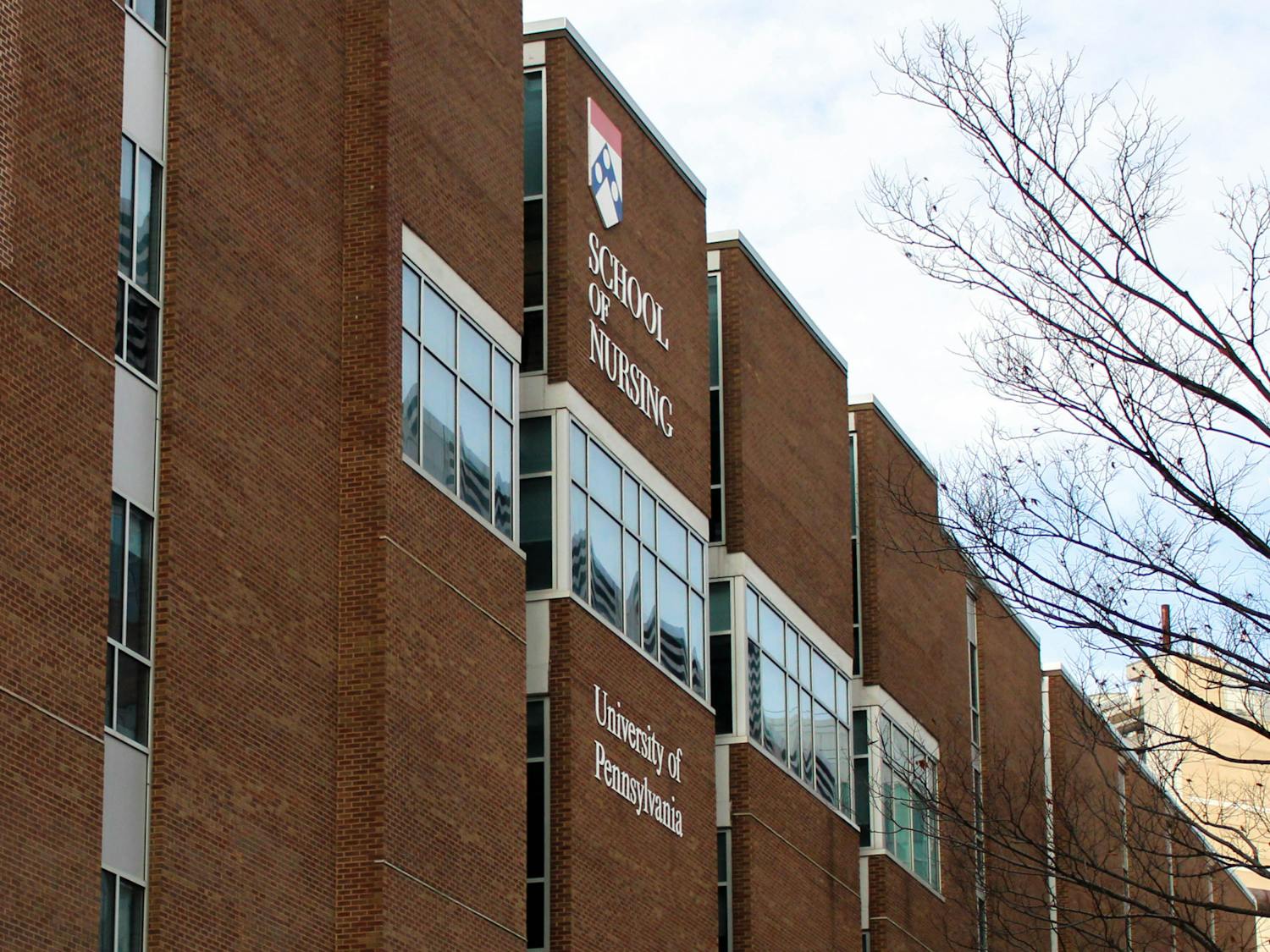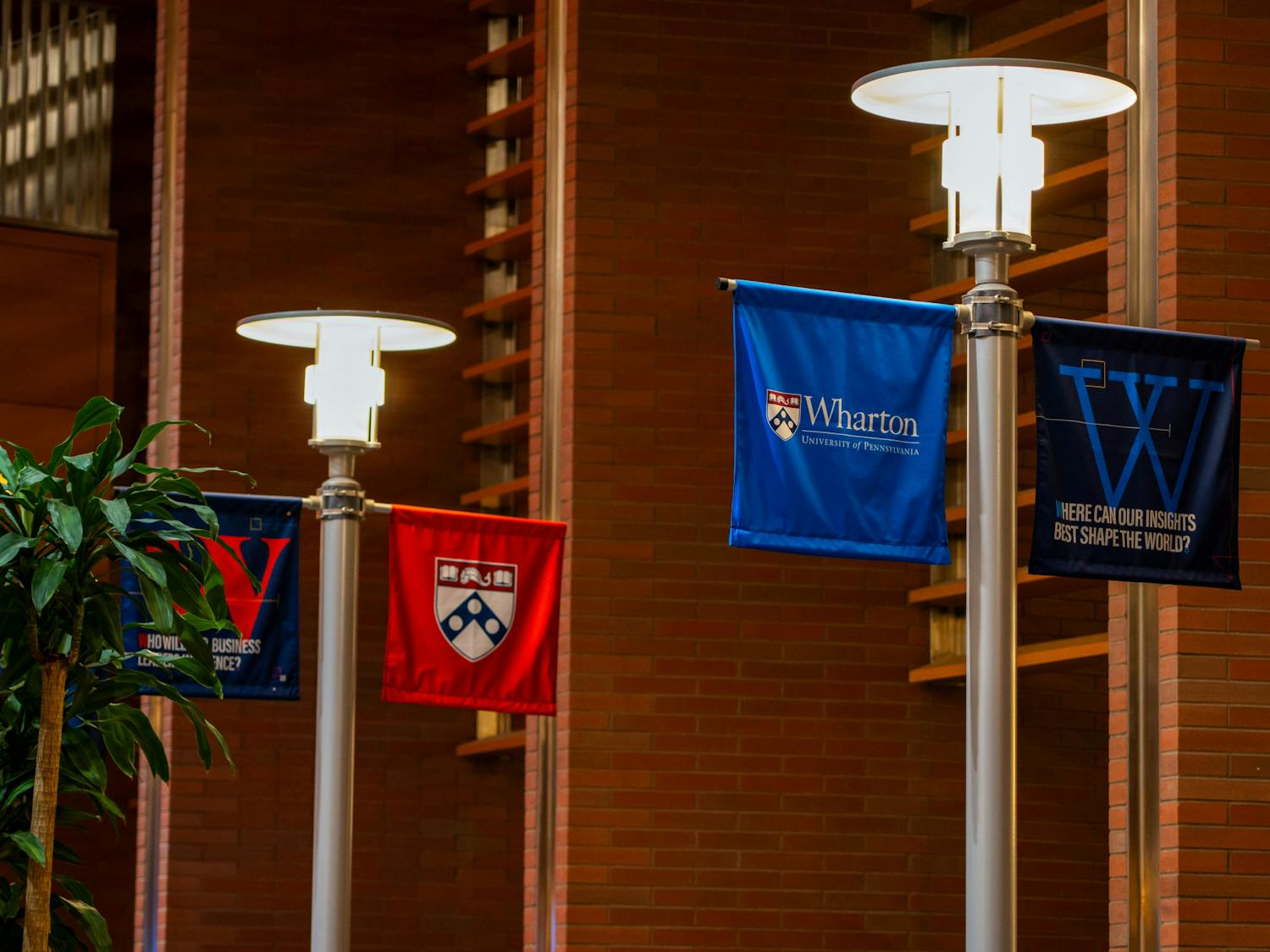Dan Dougherty has coached two generations Of all the people watching Penn take on Nebraska tomorrow, no one will see the Quakers as he does. He sees back in time. He sees two of his former players on the court playing their hearts out as they did for him just three years ago. He sees two older past players now on the sidelines coaching. Once these four men were his charges. Now they are Quakers. But their basketball roots are linked to him and he is forever linked to them. His coaching resume could be inserted into the Penn media guide -- Dan Dougherty -- coach to Quaker coach Fran Dunphy at Malvern Prep, coach to Penn assistant coach Fran O'Hanlon as an assistant at Villanova and coach to Jerome Allen and Eric Moore at nearby Episcopal Academy. If that weren't enough, he also coached former Quaker point guard Paul Chambers (1992 Penn graduate and career leader in assists) at Episcopal. In addition, Dunphy was an assistant to Dougherty for one of Dougherty's four seasons as head coach at West Point. So as coach of the Quaker coaches, Dougherty, while only in his late 50s, is something of a grandfather of coaches. He influenced Dunphy in some of the same ways Dunphy is now influencing the Quakers. "He taught us to work hard and to be dedicated to the game and respect the game," Dunphy says. "I think it's something I've had in the back of my mind since I started coaching? "A lot of different things have influenced me about him. Many of them are subconscious in nature?.I think his overall demeanor and the way he carried himself has been something that I've looked at and said this is how I'd like to be considered. Someone who is very straightforward and very fair and very honest with everybody he coached. His honesty is fantastic. Every kid knows exactly where he stands all the time. You hope to have that as part of your make-up as well." Moore and Allen recognize that coach "Doc" and coach "Dunph" are the same, yet different. "Coach Doc and coach Dunph are the same way," says Moore. "Coach Doc, when he yelled at you, he would say less but it would mean more. Dunph does a bit more yelling." "Their coaching styles are completely opposite. But they both work the refs," says Allen with a laugh. "But as far as handling their players, coach Doc never opens his mouth. He just has this stare. Coach Dunph on the other hand, he has a stare and he also opens his mouth?.Coach Dunph's personality off the court is similar to coach Doc's personality both on and off the court. When coach Dunph gets on the sidelines, it's a different story." In coaching philosophies, they hold the same basic tenets. "The game is simple," Allen says. "Play defense and play hard. That's one of coach Doc's philosophies and it's also coach Dunph's." But Dougherty's influence has gone beyond the game. He has touched lives. "Coaching is not all X's and O's so much as it's people," O'Hanlon says. "He had such a good way of motivating and dealing with people, and that's one of the reasons you wanted to play for someone like coach Dougherty." His former players have stories of Dougherty the coach and the teacher. For good measure, he also taught Dunphy and Allen's algebra classes. They knew Dougherty in their younger days, when they were perhaps less mature. His lessons were through sports, but they were really lessons in life. He taught by being short on words, but long on looks. Allen tells of a game his sophomore year at Episcopal. He fouled a player seconds before halftime. "He didn't say anything to me," Allen says. "He just looked at me and I didn't play. I couldn't understand why?.I look back on it and it was a stupid thing [for me] to do. He was just trying to make me a more disciplined player. To his credit, it worked." The next year Allen was playing in front of a lot of fans and admits playing up to the crowd a bit. "He pulls me over to the sideline and grabbed my jersey and said, 'You better get out there and start playing and stop acting like you're cool.'?It kind of shook me up a little bit," Allen says. "?He was a little disappointed and he was one of the people I tried my best not to ever disappoint." More than 30 years ago, a budding baseball talent joined the Malvern Prep squad. "I still remember. We didn't have anyone that could turn the double play. Then he joined and turned a couple at third base," Dougherty recalls. "The next year he decided not to play. I was furious." "He" was Dunphy at age 14. "I was young and immature and stupid at the time and decided I didn't want to play," Dunphy says. "?I was kind of screaming, probably for someone to come to me and say, 'What are you a nitwit?' And nobody ever did, probably because of his urging. I think he was just kind of teaching me a lesson." So Dunphy kind of hung out and watched the team from afar. "I think I learned a very valuable lesson from that, and I think that's another way of coach Dougherty getting the message across without a whole lot of conversation," Dunphy says. "I knew I had screwed up and it wasn't going to happen again?.It had a very lasting impact on me?.After that, I respected each sport that I played and wanted to give my best all the time." True to his practically silent coaching persona, Dougherty has never been much to brag about his accomplishments. He played basketball for St. Joseph's from 1954-1957 under legendary coach Jack Ramsay. His junior season, the Hawks won the Big 5 championship and captured third place in the National Invitational Tournament. As a senior, Dougherty captained the team which tied for first in the Big 5. He is enshrined in the St. Joe's Basketball Hall of Fame. None of the Quakers ever saw him play, but they've heard he had a reputation as a hard-nosed player. Moore and Allen sought out a picture of him in his playing days just to see if he had any hair back then. As a coach, he has the distinction of having directly succeeded Bobby Knight and preceded Mike Krzyzewski at West Point. Prior to his four-year stint there, Dougherty served as an assistant coach at Villanova but other than that, his 36-year coaching career has been marked by posts at three high schools. While at West Point in 1973, he was offered the head coaching position at Villanova. A man who was a Penn assistant coach at the time accepted the job -- Rollie Massimino. With all his ties to Philly, one has to wonder about the ramifications had Dougherty's career gone in another direction. "Timing in life is absolutely everything," Dunphy says. "If he had taken that Villanova job, who knows? His career may have taken a totally different path. We might not have had Paul Chambers, Eric Moore and Jerome Allen either." Dougherty doesn't seem to have many regrets. "I get great pleasure from seeing kids grow," he says, "preparing them for life beyond high school." Dunphy was one of many people whom Dougherty prepared in more ways than one. Dunphy was not highly recruited out of high school, but Dougherty persuaded La Salle to give his player a look. Explorer coach Joe Heyer liked what he saw. "Coach Dougherty got La Salle interested in me -- which I'm extremely grateful for," Dunphy says. Dougherty didn't have to tout Allen to college coaches. They came knocking on Allen's door. But Dougherty was there to answer it. Allen recounts how the first home visit by a college coach was like a dream come true. But by the third and fourth visit it became more like a maze which Dougherty, as a former recruiter, had a unique ability to navigate. He didn't steer Allen to Penn, but he was there for guidance. "He was able to see both sides of the fence," Allen says. "Coaches knew that they couldn't come in there and play games?.For him to come night in and night out was great for my mother and me. He didn't have to. He elected to and for that I'm forever grateful." Dougherty will see the Quakers tomorrow. One could also see back in time. To the hard-nosed player at St. Joe's. To the kid at Malvern Prep and the freshman at Villanova. And now to the Quakers. Perhaps one can see traces of the past in the present. "His team plays exactly like he did," says Dougherty of Dunphy. "Their intensity, their unselfishness and their knowledge of the game are just like he played." Dougherty gets extreme pleasure from the successes of his former players in basketball and in life. Recently his first point guard, now 50 years old, came back to visit. It's a mark of his influence upon generations of players. "Even after I got out of school he was still a friend of mine," O'Hanlon says. "That's kind of a test when you finish school and you still go back and seek out your former coaches, and you still have that feeling for them. If people can feel the same way about me as I do about him, then I'll feel that I was a success." That feeling of gratitude. And respect. Allen says Dougherty taught him discipline and gave him direction. O'Hanlon remembers the caring figure stopping by his freshman dorm room. Moore thinks Dougherty pushed him to play hard. Dunphy says he's as respected as any basketball coach in Philadelphia. "We all have people who we respect in the game, and we go back and talk to a lot about the game and how to approach it," Dunphy says. "He's the guy I've chosen most often to go back to and just talk the game. He's meant a great deal to me not only because he coached me and I consider him a very good friend of mine but also because he's been the coach of a number of kids we've had in the program and they've all been just tremendous kids and I think a lot of that credit should go to coach Dougherty."
The Daily Pennsylvanian is an independent, student-run newspaper. Please consider making a donation to support the coverage that shapes the University. Your generosity ensures a future of strong journalism at Penn.
Donate







